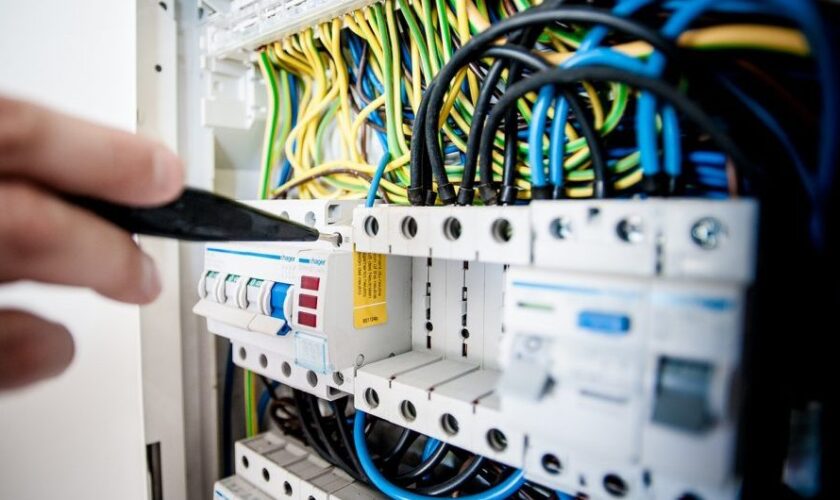Ensuring the safety and functionality of your home’s electrical systems through proactive maintenance is vital for uninterrupted power and hazard prevention. Let’s delve into the significance of regular electrical upkeep and its various tasks. Also check out: Experienced Electricians in Mooresville, NC
Why Regular Electrical Maintenance Matters
Your home’s electrical systems play a crucial role in powering various appliances and devices, from kitchen appliances to security systems. Neglecting maintenance can lead to malfunctions, outages, and even safety hazards. Just as you schedule routine maintenance for your HVAC system, prioritizing electrical maintenance is equally vital to prevent unexpected problems.
Types of Electrical Maintenance
Corrective Maintenance: This involves addressing specific issues or malfunctions that require immediate repair. While unavoidable, it’s best to minimize reliance on corrective maintenance to prevent downtime and safety risks.
Preventive Maintenance: Taking a proactive approach, preventive maintenance aims to identify and address potential issues before they escalate. By ensuring critical components like circuit breakers are functioning correctly, preventive maintenance mitigates the risk of electrical fires and disruptions.
Predictive Maintenance: By assessing the performance of electrical systems, predictive maintenance anticipates potential failures based on observable signs. Utilizing tools like thermal imaging and performance measurements, technicians can detect issues before they cause significant problems.
Failure Finding Maintenance: This involves identifying undetected failures in systems that haven’t yet manifested noticeable issues. For example, testing ground fault circuit interrupters (GFCIs) ensures they function properly, reducing the risk of electrocution incidents.
Time-Based Maintenance: Regular replacement of electrical components on a scheduled basis, similar to changing oil in a car, helps prevent unexpected failures and extends the lifespan of critical equipment.
Components Requiring Regular Inspection
Lighting Systems: Annual assessment of lighting systems, especially those with dimmers or smart switches, ensures optimal performance and safety.
Backup Generators: Regular maintenance, including oil and filter changes, is crucial to ensure backup generators function reliably during power outages.
Solar Panels and Inverters: While solar panels have long lifespans, inverters and, monitoring systems require regular servicing to maintain efficiency.
Electrical Safety Maintenance: Verification of safety systems, such as circuit breakers and arc-fault detectors, ensures protection against electrical hazards and fire risks.
HVAC Systems: Regular electrical maintenance of HVAC components, such as solenoids and sensors, prevents disruptions and costly repairs during extreme weather conditions.
Benefits of Electrical Maintenance
Investing in regular electrical maintenance offers several benefits:
Enhanced Safety: Ensuring the functionality of safety systems reduces the risk of electrical hazards and protects your home and family from potential dangers.
Preventive Measures: Proactive maintenance prevents unexpected outages and costly repairs, saving you time and money in the long run.
Extended Lifespan: Regular maintenance prolongs the lifespan of electrical components, minimizing the necessity for early replacements.
Peace of Mind: Knowing that your home’s electrical systems are well-maintained provides peace of mind, allowing you to focus on other priorities without worrying about potential hazards.
In conclusion, prioritizing regular electrical maintenance is essential for every homeowner to ensure the safety, efficiency, and longevity of their home’s electrical systems. By addressing potential issues proactively and investing in preventive measures, you can avoid disruptions, safeguard your property, and enjoy an uninterrupted power supply for years to come.



